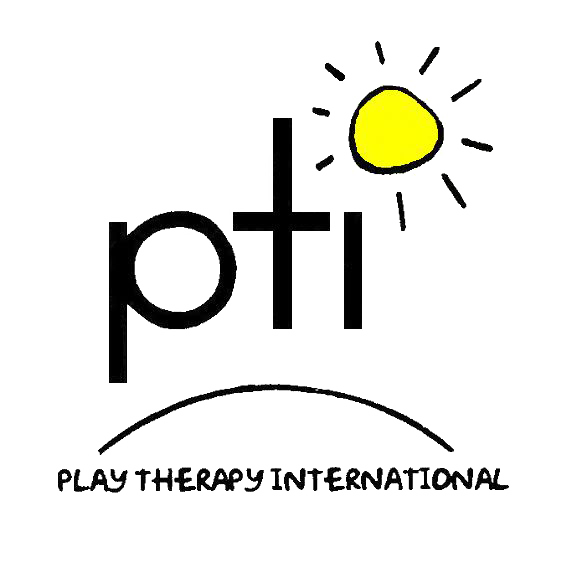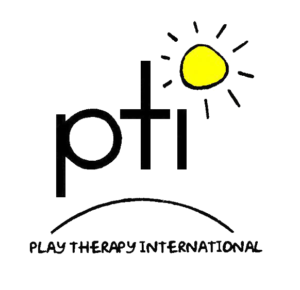Short courses, workshops, seminars and programmes (typically 1 – 3 days) at this stage are extremely important since they:
- Provide an experiential introduction to therapeutic play skills
- Give participants some basic understanding of the history, informing theories and issues
- Enable further career development decisions to be undertaken
Other longer learning programmes at this stage, including distance learning such as the Morita programme. These may provide sufficient grounding in the relevant psychological theories to enable successful participants, who have not previously acquired this knowledge to proceed to stage 2 programmes. These may viewed as foundation or conversion courses.
The material at this stage does not normally entitle participants to practice therapeutic play or play therapy skills with children or adults.
Courses and programmes will normally be at the post-graduate level with sufficient theoretical, experiential and practical content to enable successful participants to use their skills with individual and groups of children who have moderate to severe conditions.
Training at this stage also requires a minimum of 100 hours clinically supervised work with children as an essential part of the learning process. Participants are required to work within the PTI Ethical System.
The award for those who successfully complete a PTI accredited programme at this stage will normally be a PTI Diploma in Play Therapy. They will also be certified by PTI as a ‘Certified Play Therapist’ in countries outside Canada and the United States and listed on the PTUK Register of Play and Creative Arts Therapists, which is accredited by the Professional Standards Authority.
This stage provides a natural progression for those who have completed a stage 2 programme

